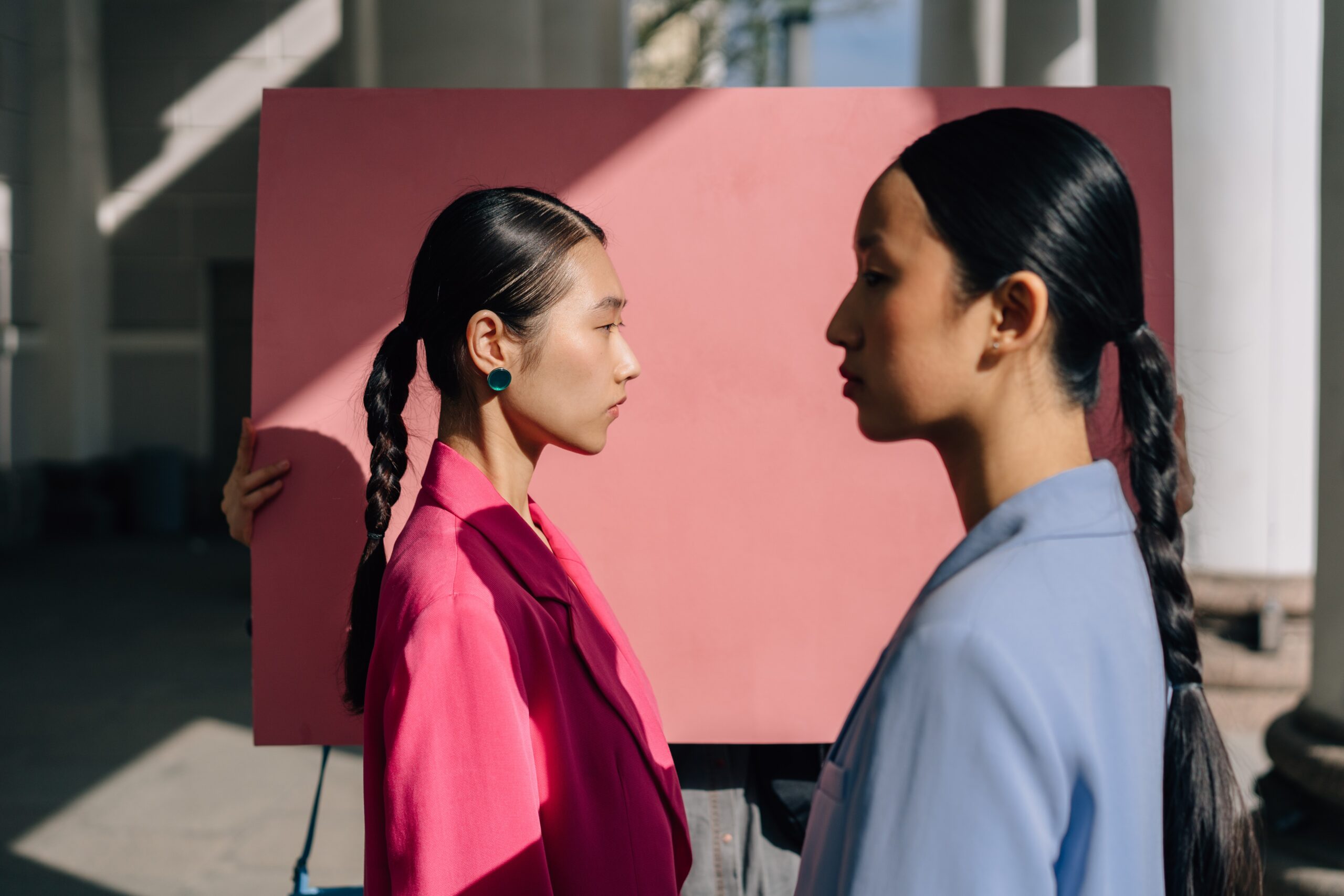The importance of fashion in our identities in an industry shaped by innovation through imitation.
Understanding Gatekeeping
We have all encountered instances of gatekeeping and perhaps even found ourselves guilty of it to some degree. You may have felt frustrated when an influencer won’t disclose brands in a GRWM video. Or perhaps you’re cautious about revealing your favorite haunts for thrifted gems to a colleague in case they start shopping there.
“Gatekeeping,” which was dubbed Vogue’s 2022 Word of the Year, has experienced a modern rebranding. It has evolved from its initial meaning of referring to those in control of institutional power to anyone withholding information, no matter how niche.
@myycloset gatekeeper lvl 100 😭 RATE THE OUTFIT 1-10
♬ original sound - Fashion Talk and MORE
The most sincere form of flattery?
From Rick Owens’ avant-garde aesthetics to Rihanna’s effortlessly edgy streetwear, designers and tastemakers may be renowned for their signature styles. Still, they don’t have exclusive ownership of these trends. Our social media is inundated with contradictory messages from #sponcon posts and links in bios, making it easier than ever to shop what our favorite influencers are wearing.
At the same time, sites like Diet Prada rose to fame by calling out imitation, giving way to gatekeeping in fashion to try and preserve some uniqueness in an age where nearly every facet of our lives is documented and shared online.
So why do we do we gatekeep and get the ick if someone imitates us? Simply put, it’s the human condition. The Optimal Distinctiveness Theory was created to explain the psychological motivations driving people to identify with groups. The theory states that humans have two competing motivations: a need to belong and a need to feel unique.
Imitating and gatekeeping resonates with us on an aesthetic level because while fashion is public, it’s also highly personal. It’s interwoven within our identity as a way to express ourselves and a key motivator for purchasing behavior, which is then modeled in younger generations. Studies show fashion is less about being trendy or denoting status, with 89% of Gen Z rating it as vital for boosting confidence, while 82% say it is essential for establishing their identities.
Gatekeeping to slow the trend cycle
The concept has certainly been amplified by the IYNYN and “you-cant-sit-with-us” culture of the fashion crowd. However, it may not always be a bad thing. A particular item or trend may be seen as a barrier to entering the fashion world. Yet once it blows up and becomes TikTok fodder, spurring several dupes and speeding up the already hyper-fast trend cycle, a designer or a trend starts to feel less exclusive and sentimental.
A video titled Why I Love Gatekeeping by fashion influencer Laini Ozark echoed a similar feeling, stating that the thrill of the hunt for a specific piece adds to its value. Once found, the product means so much more to the wearer than if it was found simply by clicking a shared link, forging a special relationship between purchases, and helping them shop with a purpose instead of receiving the instant gratification we’ve become so used to.
Romanticising The Past
While gatekeeping culture can hold major companies accountable for knocking off small indie brands, taking inspiration from others’ works is common practice in fashion. Eugene Rabkin of The Style Zeitgeist and Julie Zerbo of The Fashion Law discussed that fashion is inherently in the business of recycling existing designs and, much like other industries, including pharmaceuticals and automotive, can’t rely on innovation without looking historically.
One guarantee for every new runway season is the wheel won’t be reinvented. Usually, the trends presented will have nostalgic roots, whether by evoking previous eras through colors, patterns and silhouettes as we’ve seen season-on-season constantly nodding to Y2K through low waistbands and halterneck tops.
Or a brand’s current designer dips into the archives to reference a predecessor’s house codes, a strategy currently in place as Gucci reintroduced the Horsebit Chain bag from Tom Ford’s tenure in its FW23 campaign. While imitation may be viewed negatively, nostalgia is romanticized. It runs parallel to a cognitive bias called rosy retrospection, which causes people to remember the past as being more positive than it really was.
There’s a quote from the Chuck Palahniuk novel Invisible Monsters (fittingly about a fashion model) that comes to mind – “Nothing of me is original. I am the combined effort of everyone I have ever known.”
In essence, gatekeeping plays into the paradox of the fashion industry itself, where the old and new intersect, nostalgia informs the present and future, and personal identity is both a canvas and a statement. While fashion evolves through inspiration, our yearning for uniqueness and self-expression remains central.
Though we may not want our friends, coworkers, or younger generations to imitate our style, whether subconsciously or not, our own presentation is a blend of references from those who have influenced us in the past.



